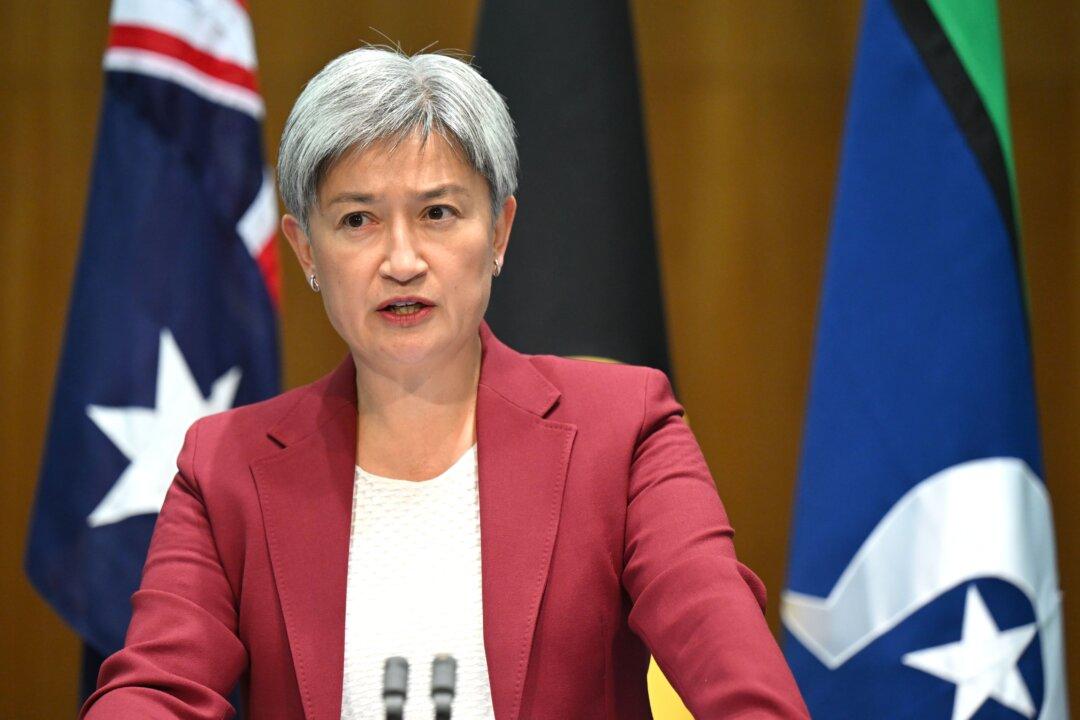The Australian Government has launched its new Humanitarian Policy, outlining long-term goals for Australia’s approach to humanitarian causes.
The policy focuses on saving lives, alleviating human suffering, and building resilience in communities.

The Australian Government has launched its new Humanitarian Policy, outlining long-term goals for Australia’s approach to humanitarian causes.
The policy focuses on saving lives, alleviating human suffering, and building resilience in communities.